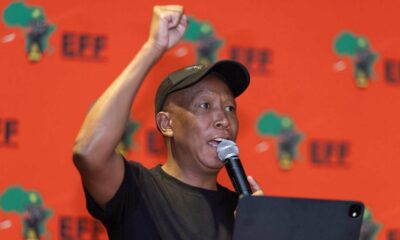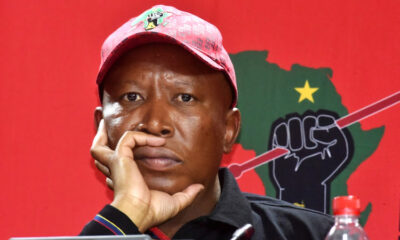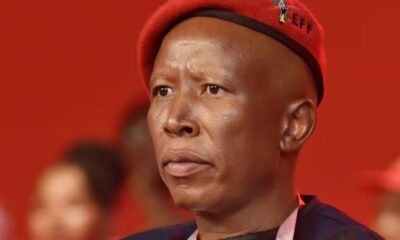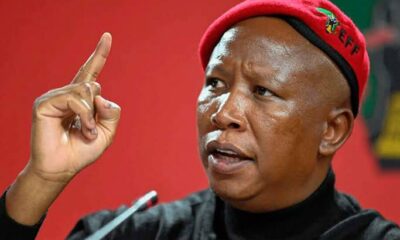News
EFF’s Legal Challenge to the Fuel Levy Hike: A Fight for Fairness or Political Gambit?
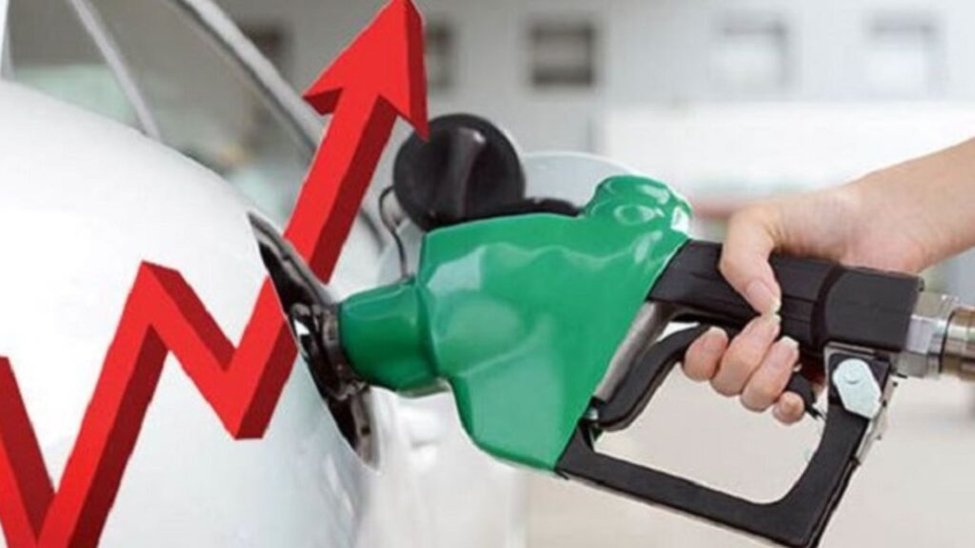
In the whirlwind of policy announcements and political posturing, it’s easy to overlook how decisions made in Parliament echo at the petrol pump, the grocery aisle, and on your monthly budget. This time, however, the fight has landed squarely in a courtroom. The Economic Freedom Fighters (EFF) are taking Finance Minister Enoch Godongwana to court over the recently announced fuel levy hike, calling it both unlawful and economically disastrous. And if they succeed, it might just change the way tax decisions are made in South Africa.
A Last-Minute Dash to Court
On the evening of 29 May, the EFF quietly filed an urgent court application at the Western Cape High Court. Their goal? To stop a planned fuel levy increase set to take effect on 4 June. The decision, announced by Godongwana in a lesser-known Budget 3.0 announcement, adds 16 cents per litre to petrol and 15 cents to diesel. The EFF says this move not only lacks parliamentary oversight but also flies in the face of economic reason.
The party is leaning on Rule 53 — typically used to challenge administrative decisions like permits or government appointments — to demand a review of how this increase was made. It’s an unusual approach, and that’s precisely why this case matters.
“We Warned Him”: A Question of Oversight
According to the EFF, their legal action came only after their warnings to the Finance Minister went unanswered. They argue that pushing through a levy hike without a formal Money Bill sidesteps due process. And more than that, it denies South Africans — especially the poor — a voice in how and when they’re taxed.
In a statement, the party painted the decision as “another blow from an anti-black, anti-poor Budget,” warning that low-income households already struggling under rising costs now face even steeper burdens.
The True Cost of a “Silent Tax”
Unlike VAT, which is printed clearly on your receipts, fuel levies are baked into the price at the pump. You don’t see them — but you feel them. Over the last decade, this “silent tax” has quietly climbed from R1.77 to R3.93 per litre, now accounting for around 6–7% of your fuel cost. With the 2025 increase expected to bring in R2.9 billion in revenue, filling up a 50-litre tank could cost you about R8 more.
That might not sound like much, but it ripples. Delivery trucks, taxis, buses — they all run on fuel, and they all pass the cost along. In a country with limited public transport and no fuel subsidies, it hits the working class the hardest.
Legal Strategy: Is This Really a Fiscal Case?
Here’s where things get technical. The EFF’s court bid hinges on Rule 53 — a legal pathway usually reserved for reviewing state decisions like suspensions or license grants, not financial policy. But if the court agrees that Treasury overstepped its authority by failing to follow a proper legislative route, it could halt the increase before it kicks in.
And that’s only Part A of their application. Part B seeks a full review and potential cancellation of the levy decision, which could retroactively nullify the increase and force Treasury to reintroduce it through Parliament.
Silence from Treasury, Pushback from Government
At the time of writing, Treasury had yet to comment on the court action or whether it conducted any socioeconomic impact assessments before making the decision. Minister in the Presidency Khumbudzo Ntshavheni defended the broader Budget at a media briefing, pointing out that 61% of every non-interest rand goes to basic services and social grants.
But that hasn’t quelled the concern. For many, including economist Dawie Roodt, this feels just like the VAT debate all over again. “In terms of the effect on the poor,” he said, “this is pretty much the same.”
What’s at Stake on 3 June?
The High Court will hear the case on Tuesday, just a day before the levy is scheduled to be gazetted. If the court grants the EFF’s urgent interdict, the increase will be paused — buying time for the broader legal challenge to play out. If not, the hike will go into effect, and the public will start paying more almost immediately.
The real weight of this case, however, lies in the precedent it could set. If the court rules that fiscal decisions like fuel levies can be overturned due to lack of public consultation or parliamentary oversight, it could open the door for broader legal challenges to tax policy in future.
Who Writes the Rules?
Beyond the immediate legal and economic implications, this case raises a fundamental democratic question: Who has the final say on how we’re taxed? Is it Parliament? The Executive? Or should the courts step in when the process seems unjust?
For now, all eyes are on the Western Cape High Court. But regardless of how the judge rules, one thing is clear: South Africans are growing tired of being taxed without being heard.
What Can You Do?
Whether you agree with the EFF or not, this case is about transparency and accountability in how government decisions impact your wallet. Stay informed, ask questions, and hold your representatives accountable.
Follow the updates closely. What happens in court this week could set the tone for how your taxes are decided in the future.
Let us know: Should fuel levies be decided in Parliament with public input, or does the executive have enough leeway already?
{Source: Daily Maverick}
Follow Joburg ETC on Facebook, Twitter , TikTok and Instagram
For more News in Johannesburg, visit joburgetc.com

